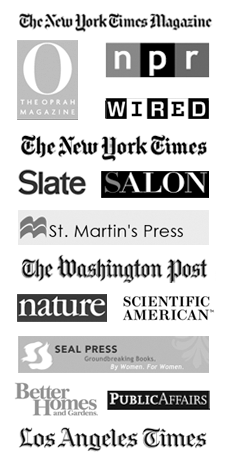Welcome to my new blog series, “Writing Lessons from Photographers.” Today’s lesson is part one of a three-part series.
* * *
Introducing the 3% Rule
It wasn’t until my senior year in college that I discovered the photo department. What joy!
My first photo professor, Steve Zapton, was known for his direct feedback during class critiques. “Not for babies!” said a recent student on ratemyprofessors.com. Personally, I adored his straight-talk.
Professor Zapton taught me the most liberating of creative maxims: “If you get one shot out of thirty-six, you’ve shot a successful roll of film.”
One shot out of thirty-six.
With this rule, suddenly the blurred, unlit and downright crappy shots on my contact sheets seemed less important. If I could find just one image among all the experiments, mediocrity and missteps that unfurled in the course of shooting thirty-six frames, I was golden.
I could circle what really worked and ignore the rest.
The 3% Rule
Assuming my math is right, “one out of thirty-six” translates into a 3% success rate (2.78% if you want to be exact).
If just 3% of the time the magical mix of light, timing, composition and technique comes together to yield an image that really “says” something, a photographer is on track.
Imagine the creative freedom the 3% Rule offers to you as a writer!
If you expected success just 3% of the time you worked at your writing, would you be a bit more far-ranging and creative?
- Would your “new queries” lists be longer? More broad? More daring?
- Would you take more risks with your new poem starts and fiction ideas, knowing that you could discard 97% after a minimal initial investment of time?
- Would you be a bit more forgiving with yourself as you revise and edit your work?
The beauty of the 3% Rule is that it stops that one of the biggest ways writers sabotage themselves. Instead of judging our creative process as we create (ugh!), the 3% Rule teaches us to retrain ourselves to stop expecting a masterpiece every time.
By lowering our expectations, we give ourselves room to experiment, room to fail and room to play on the page. We can take our 3% and not get hung up in analyzing what the other 97% means about our talents or abilities.
Without this crushing self-criticism, we’re free to return again and again to writing.
* * *
Next Up
If you liked this post, be sure to check out the second post in this three-part Writing Lessons from Photographers series: “The ‘10,000+1’ Principle.”


